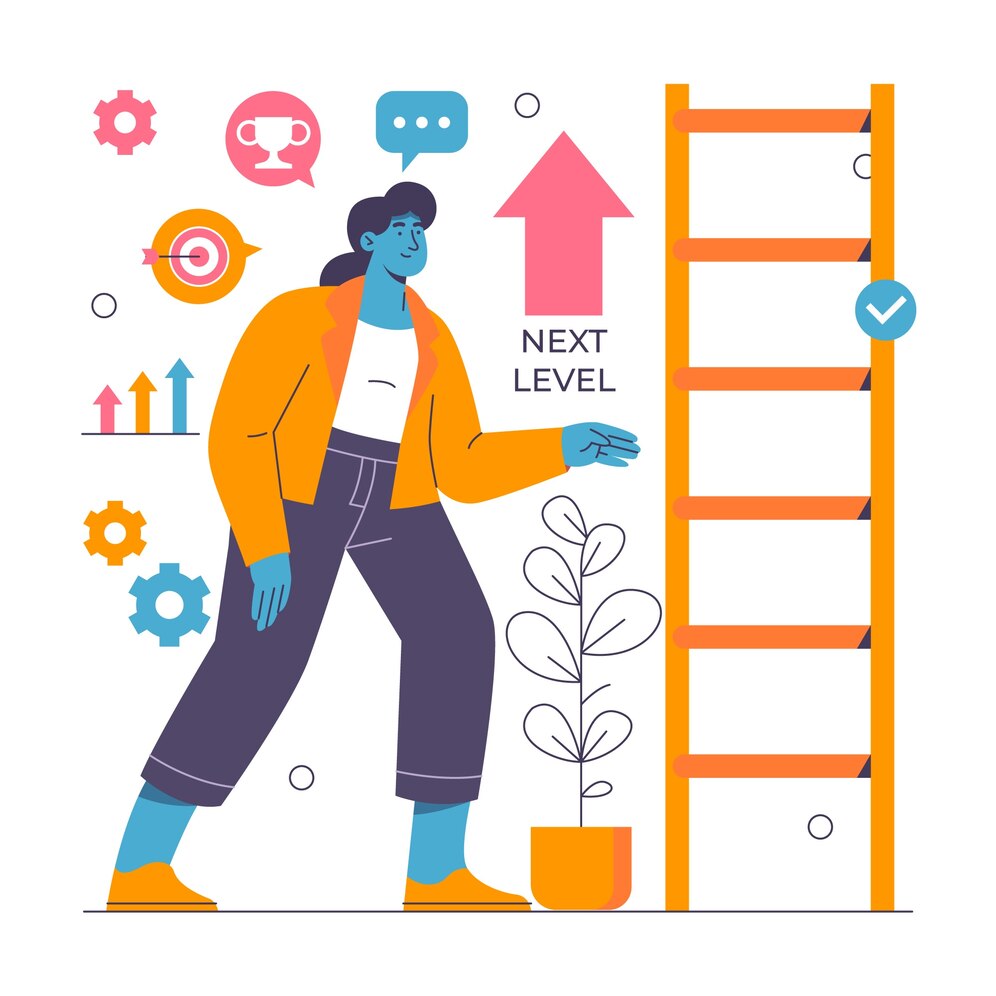The gaming industry has come a long way from pixelated screens and basic gameplay. Today, virtual worlds offer immersive experiences that go beyond mere entertainment. With stunning graphics, complex storylines, and interactive environments, these digital realms captivate millions of gamers and tech enthusiasts around the globe. But did you know that these virtual escapes can enhance real-life skills? This blog post dives into how gaming in virtual worlds impacts cognitive abilities, social skills, physical health, education, and more. By the end, you’ll see how what happens in-game can translate to real-world benefits.
The Impact on Cognitive Skills
Virtual gaming isn’t just a fun diversion; it’s a powerful tool for boosting cognitive abilities. Although playing top slot games online can be fun, studies have shown that engaging in complex virtual environments can sharpen problem-solving skills. Gamers often face intricate puzzles and missions that require quick thinking and resourcefulness. This constant mental engagement strengthens the brain’s ability to process information and find creative solutions.
Critical thinking is another area where gamers excel. Virtual worlds often present players with moral dilemmas and strategic challenges that require thoughtful decision-making. For example, games like “The Witcher 3” and “Mass Effect” offer branching storylines that hinge on player choices, encouraging a deep level of analysis and foresight.
Decision-making skills are also honed through gaming. Fast-paced games like “Call of Duty” and “Fortnite” demand split-second decisions that can mean the difference between victory and defeat. This kind of practice translates to better decision-making abilities in real life, whether it’s in the workplace or in personal situations.
Social Benefits of Virtual Gaming
Contrary to the stereotype of the isolated gamer, virtual worlds are vibrant social hubs. Multiplayer games like “World of Warcraft” and “Among Us” require teamwork and collaboration. Players must communicate effectively, plan strategies, and work together to achieve common goals. These interactions build strong teamwork skills that are invaluable in both professional and personal settings.
Communication is another key skill enhanced by gaming. Whether it’s coordinating moves in a raid or negotiating in a virtual marketplace, effective communication is crucial. Gamers learn to articulate their thoughts clearly and listen actively, skills that are directly applicable to real-world scenarios.
Online communities formed around games provide a sense of belonging and support. Gamers often form lasting friendships and networks through shared experiences in virtual worlds. These relationships can lead to valuable connections and opportunities outside of gaming, enhancing one’s social life and professional network.
Physical Health and Well-being
Gaming often gets a bad rap for its potential negative impact on physical health, but it’s not all doom and gloom. One of the surprising benefits of gaming is improved hand-eye coordination. Fast-paced games require quick reflexes and precise movements, which can enhance coordination and reaction times.
However, it’s essential to be mindful of the potential drawbacks. Prolonged gaming sessions can lead to sedentary lifestyles and health issues like eye strain and repetitive strain injuries. Balancing gaming with physical activities and taking regular breaks can mitigate these risks.
On the flip side, emerging technologies like VR (virtual reality) are transforming gaming into a more physically engaging experience. Games like “Beat Saber” and “Superhot VR” require physical movement and can even provide a decent workout. This trend points to a future where gaming and physical exercise go hand-in-hand.
The Education Sector
Virtual worlds are finding their way into classrooms, revolutionizing the educational landscape. Educational games and simulations offer immersive learning experiences that traditional methods can’t match. For instance, games like “Minecraft Education Edition” allow students to explore historical settings, conduct scientific experiments, and develop creative projects in a controlled virtual environment.
These tools make learning interactive and engaging, catering to different learning styles. Visual learners benefit from the rich graphics, while kinesthetic learners thrive on the interactivity. This versatility makes virtual worlds a potent tool for educators aiming to enhance their teaching methods.
Virtual learning environments also prepare students for future careers. For example, flight simulators used in aviation training offer realistic scenarios that trainees can practice in a risk-free environment. Similarly, medical students use simulations to perform virtual surgeries, honing their skills before entering the operating room.
Real-world Applications
The skills honed in virtual worlds have tangible applications in real life. Professional development is one such area. Leadership skills, for instance, can be developed through team-based games that require coordination and strategic planning. Gamers who often take on leadership roles in online games can transfer those skills to their workplace, leading teams effectively and making informed decisions.
Personal growth is another significant benefit. Games that require perseverance and resilience, like challenging RPGs (role-playing games) or strategy games, teach players to cope with setbacks and bounce back from failures. These experiences build mental fortitude that can be invaluable in navigating real-world challenges.
Even mundane tasks can benefit from gaming skills. Gamers often excel in multitasking and managing resources—a crucial skill in both professional and personal life. Whether it’s managing a budget, planning a project, or juggling multiple responsibilities, the resource management skills developed in games can make these tasks more manageable.
Conclusion
Virtual gaming is far more than just a pastime; it’s a tool for personal and professional growth. From enhancing cognitive abilities and social skills to improving physical health and revolutionizing education, the benefits of gaming extend beyond the screen and into everyday life. By recognizing and nurturing these skills, gamers and technology enthusiasts can transform their virtual victories into real-world success. Are you ready to level up your life skills? Start exploring the possibilities today.







